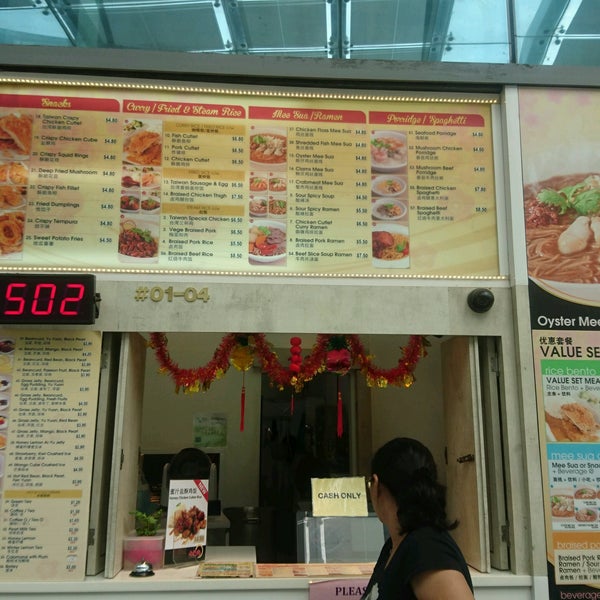Tastes Of Taiwan
From left: chef Hon Mok, owner Yu Ling Wong and manager Joe Yu. Photos by Jeff Hobson Together with Yu and chef Hon Mok (who also is partner in the restaurant), Wong is responsible for a foodie buzz at Facing East. Food writers and chefs alike have sung her restaurant’s praises (chef Lisa Dupar of Pomegranate Bistro named Facing East’s Taiwanese Pork Burger one of her favorite dishes on the Eastside in the recent food issue of 425). The cuisine is outstanding and mostly authentic with bits of fusion sprinkled throughout the menu (Wong maintains that the bulk of her clientele is 95 percent Asian). The food would be an attraction on its own, but the overall dining experience is special. The restaurant’s interior is squeaky clean, inviting and full of dark woods and warm colors. The staff is genteel and helpful, which is a bit unexpected since the restaurant can get quite busy.
EBC 東森新聞 51 頻道 24 小時線上直播|Taiwan EBC 24h live news|台湾 EBC ニュース24 時間オンライン放送|대만 뉴스 생방송 東森新聞 CH51 8,548 watching Live now. In the years that chefs from Taiwan have toured the U.S. For a cultural exchange program, they have not visited the same city twice. Wavepad sound editor for mac.
“I’ve owned restaurants before, and you learn a lot. I hate sloppy service. We really want to think about the customers,” Wong said. After working behind the scenes in food service in all capacities for many years, Wong paid close attention to how customers were served and has let that experience translate into her restaurant ownership in a positive way. Wong explained that Taiwanese food has become a mixture of many things. Over the course of Taiwan’s history, immigrants from mainland China have brought their own food and styles of cooking with them. The occupation of Taiwan by Japan also married heavy Japanese influence to Taiwanese cuisine, especially in the plating and portion size.
Sweet, sour and earthy notes highlight much of Facing East’s cuisine. Many of the elements of Taiwanese dishes are pickled or repurposed. “There was a lot of pickling in the old days because people were poor. You had to stretch ingredients,” Wong said.
The ZIP format supports compression via several different techniques and even supports simply archiving of files without compression. This has the advantage of potentially using different appropriate compression techniques for each file within the archive, however under normal circumstances it limits the potential compression capability. Despite being 20 years old, the ZIP format looks set to continue to thrive whilst bandwidth and storage remain relatively costly. Convert jar to zip. Although the ZIP format allows for up to 10 different types of compression to be chosen, the DEFLATE method is the most common. Actions Technical Details The compression techniques used to create a.zip file do so by compressing each file individually.
• Media Capacity: (standard) 250 sheets, (output) 150-sheets. 
One of Facing East’s signature dishes, the spiced pork stew over rice, is a common edible in Taiwan often found at food vendors at street markets. “This is like how a cheeseburger is in America. Very common food in Taiwan,” Wong said. This dish is traditionally made with pieces of pork that are left unused, sometimes low quality, often mixed with offal, but here the ingredients are top-notch.
One of the early gripes about Facing East was the higher-than-normal price point. The menu isn’t extravagant by any means, but it’s definitely more expensive that your basic Chinese restaurant. Most shared dishes are around $12-$15, with more pricey items like the Painted Hills spare ribs tipping the scales at close to $20. “We make most everything here, no frozen or canned vegetables.

I wouldn’t feed my family with that, so why would I feed my customers those things,” Wong said. All of Facing East’s beef is from Painted Hills Natural Beef out of Oregon.
Serving this dish demonstrates Facing East’s commitment to working with higher quality ingredients — Yu explained that while the Painted Hills beef spare rib dish is quite popular, it’s not one the restaurant sees any sort of financial return, yet they are happy to serve it anyway. Wong returns to Taiwan once or twice a year, and while there she gathers ideas for her restaurant, opting to take in some cooking lessons from famous local chefs. She brings those experiences back with her to help Facing East evolve.